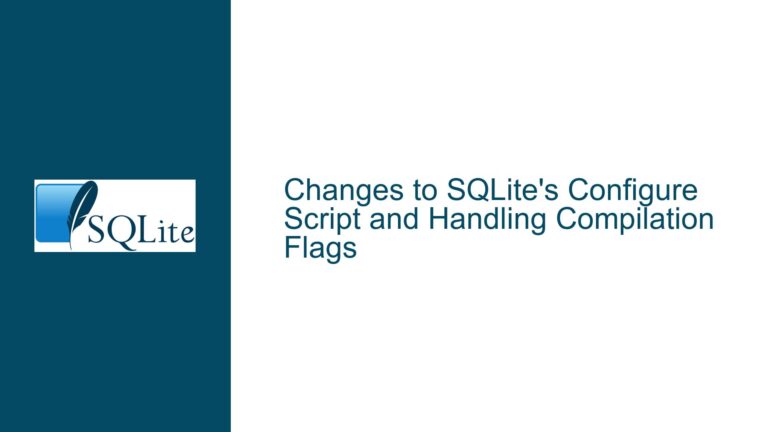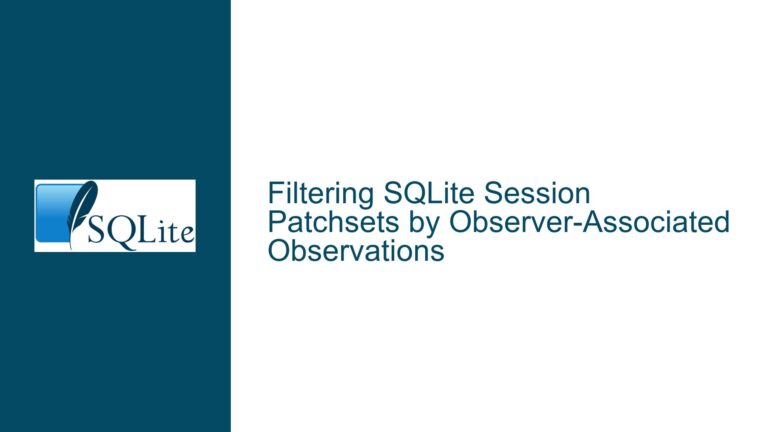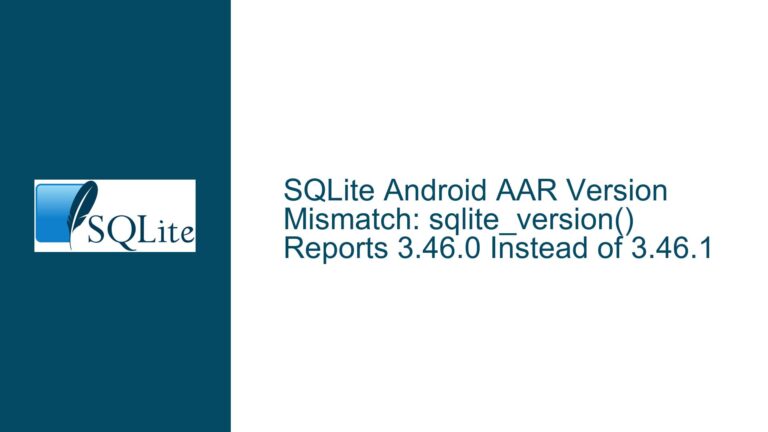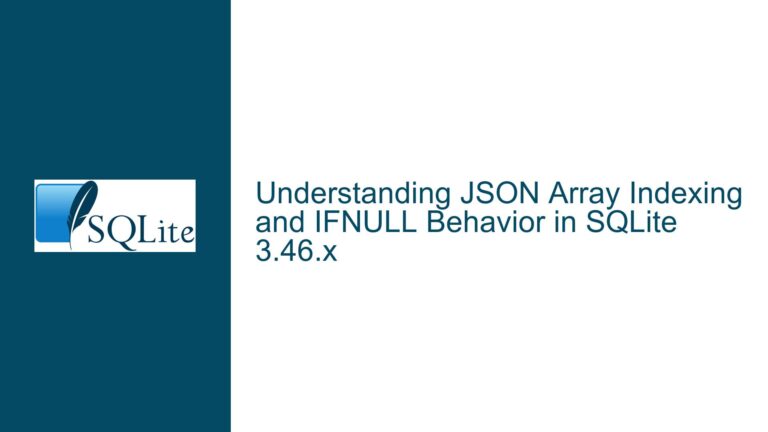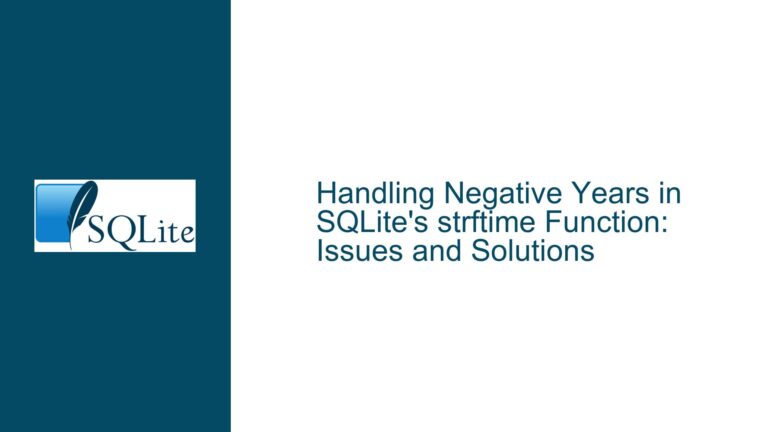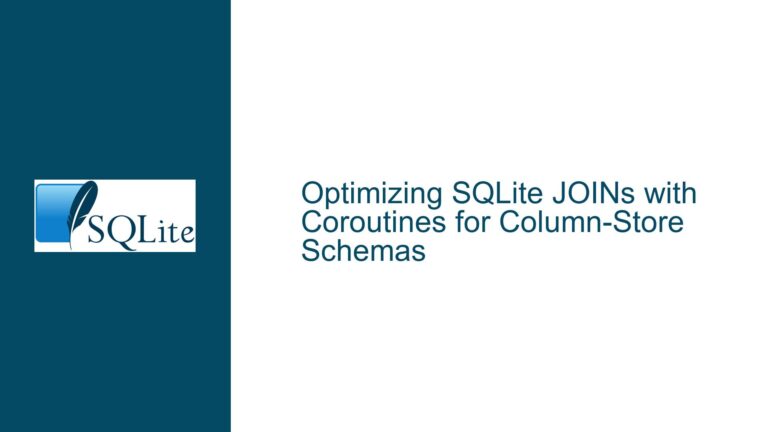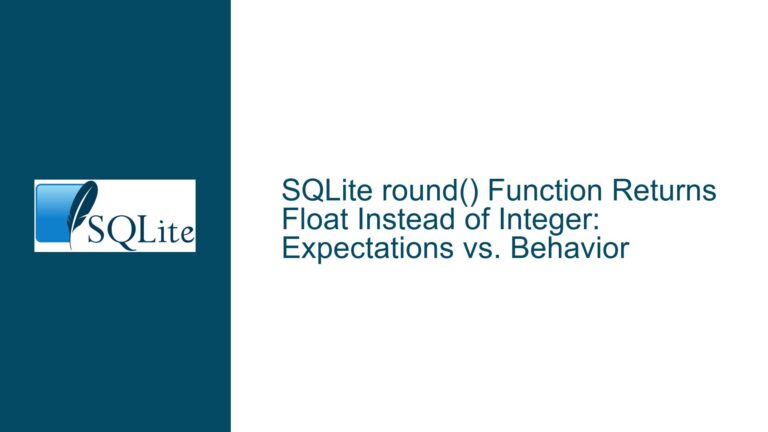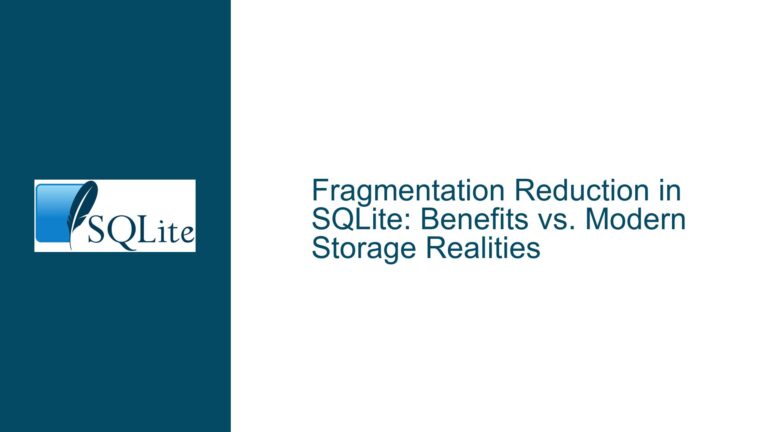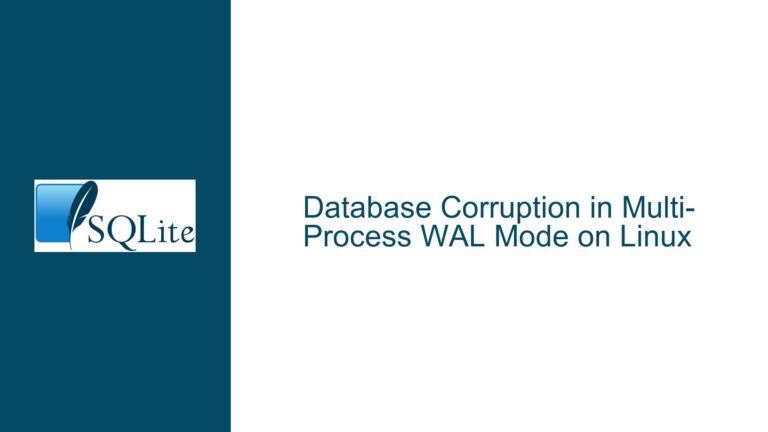Changes to SQLite’s Configure Script and Handling Compilation Flags
Understanding the Transition from DEFS to sqlite_cfg.h The recent changes to SQLite’s configure script have introduced a significant shift in how compilation flags are handled. Previously, the configure script generated a Makefile containing a DEFS = line, which listed compilation flags such as HAVE_PWRITE64 and HAVE_USLEEP. These flags were essential for enabling or disabling specific…
